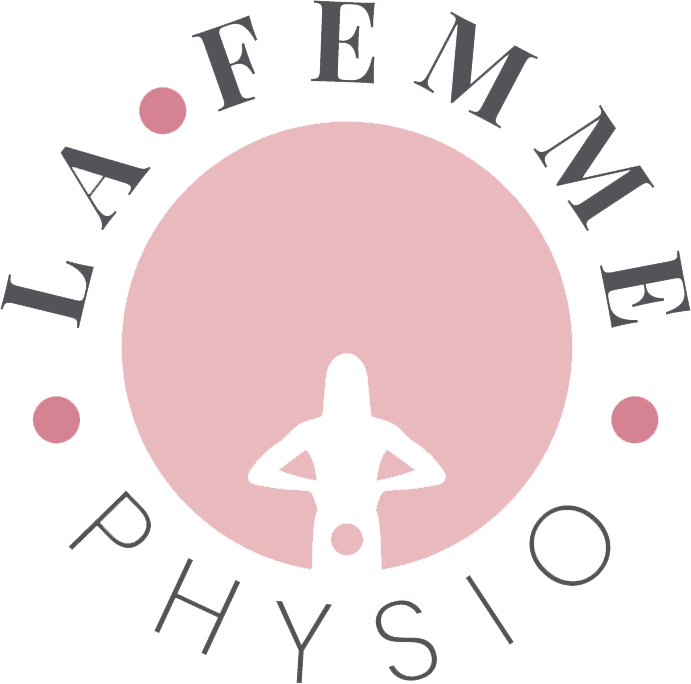
Scar Therapy
I have trained with Hannah Poulton from HLP Therapy, the UK’s leading scar specialist, and am highly skilled in providing expert scar therapy. I can treat all scars but specialise in treating C-section, abdominal / pelvic and perineal scars. Scars can be painful or feel numb. They can stick to nearby structures in what is referred to as adhesions. Adhesions can cause pain, tightness, restrictions in movement and lead to subsequent dysfunctional movement and reduced function. Women’s Health Physiotherapy is an invaluable part of your optimal recovery from surgery or perineal tears and can often assist in enhancing the effectiveness and long-term benefit of any surgery . I can see you before and after your surgery.
Scar therapy works to stimulate healing, reduce pain, tightness and sticking in scar tissue resulting in improved movement, sensation and function. It focuses on the fascia below the scar, allowing more movement between the layers of skin, muscles and fascia thereby stimulating the circulation, nervous and lymphatic systems subsequently optimising scar healing and minimising longer term complications. It can make huge changes, and scars often appear smaller, smoother and lighter. It can be incredibly effective for scars that are numb, itchy, hypersensitive, causing discomfort or tightness, that are hard or have lumps, dips or bumps.
I understand that scars can really impact your mental health as well as your physical well-being. I am passionate about supporting and empowering women and take a holistic approach when putting treatments together to provide you with a gold standard of care. It’s never too late – whether your scar is a few months old or decades old!
products to buy in clinic
In addition to scar therapy I can recommend and offer a selection of products that you can buy from me in clinic to help with the healing of your scar.
Pelvic Health
Many women will experience pelvic pain as a result of weak pelvic floor muscles but it is also possible to experience problems as a result of over-recruited muscles and pelvic floor muscles that struggle to relax fully. Symptoms may include:
Pain or discomfort internally and or externally in the pelvis, lower tummy, bladder, vagina or anus
Difficulty inserting tampons
Pain with sex
Vulvodynia
Vaginismus
Pelvic organ prolapse
Reduced bladder or bowel control
Hip, groin or lower back pain

Menopause
All women will at some point experience the menopause. It might be years away, something you are going through at the moment or a thing of the past. This can often be a time when pelvic floor problems come to light. Wherever you are at on that journey, getting an assessment of your pelvic health is key in order to significantly reduce your chance of pelvic health problems such as incontinence and prolapse. A menopause check up does just that and involves:
A detailed history of your pelvic floor, bladder, bowel and general health
A comprehensive assessment of your pelvic floor muscles
Providing you with a programme tailored specifically to you
Addressing any pelvic floor muscle problems you may have



